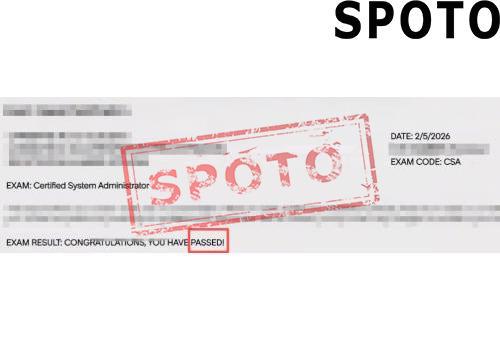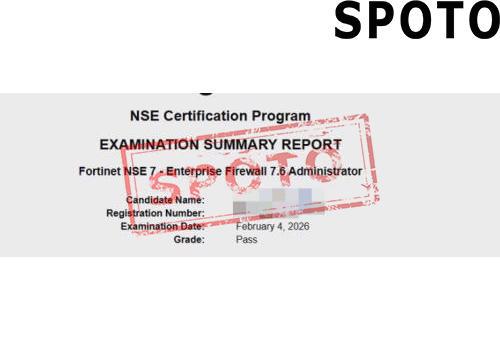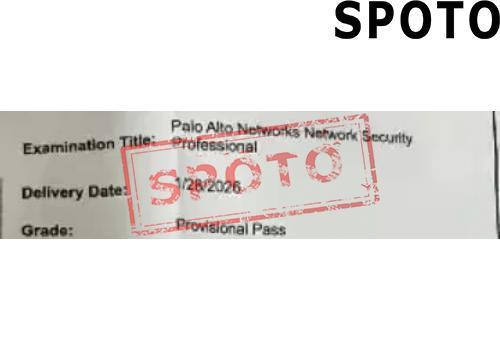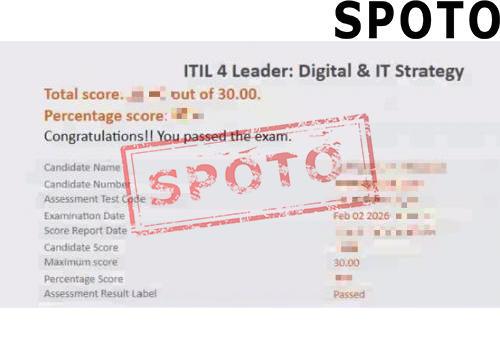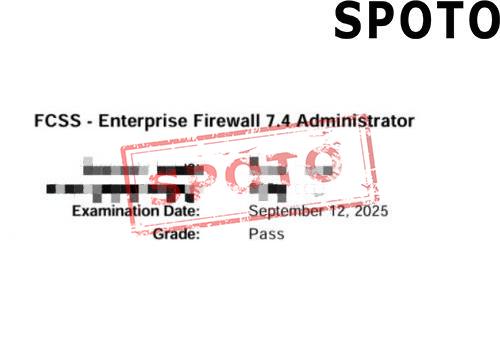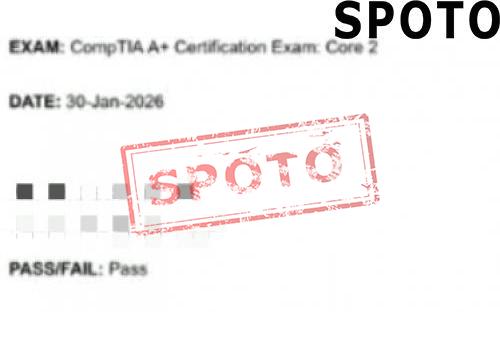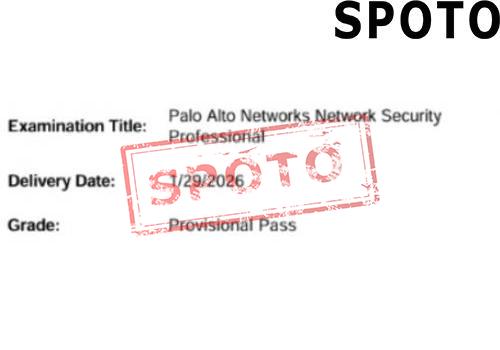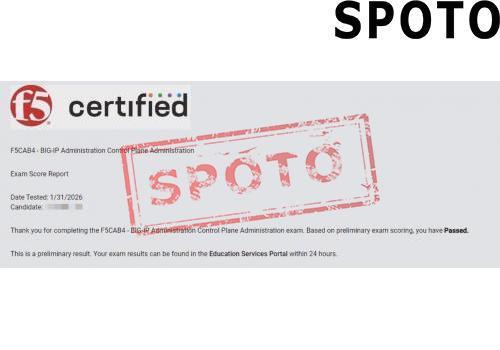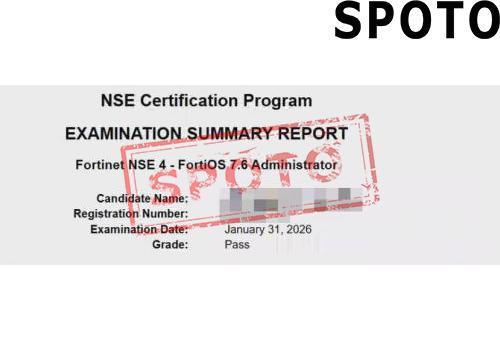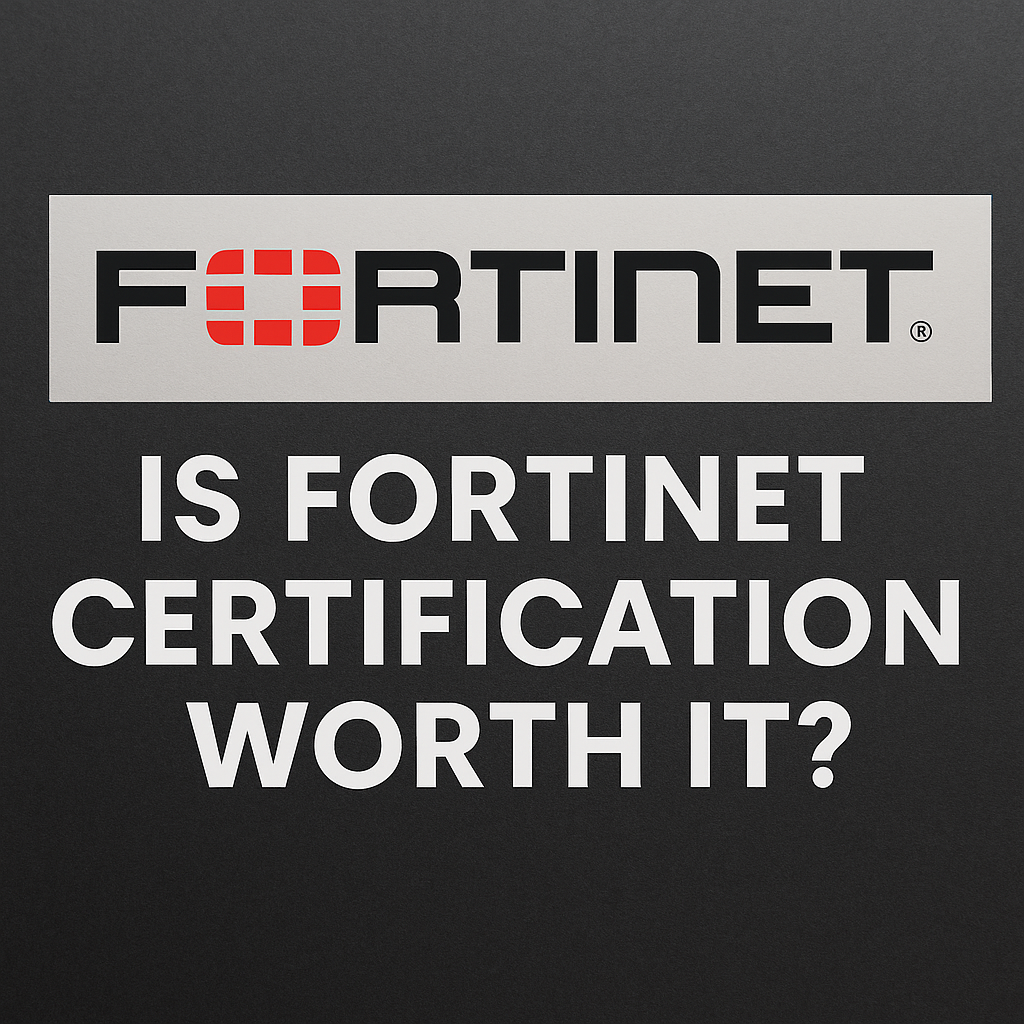
Table of Contents
As cybersecurity continues to dominate headlines and budgets in today’s IT landscape, the demand for vendor-specific security expertise has soared. Among the leaders in this space, Fortinet certifications—particularly the Network Security Expert (NSE) track—have gained widespread attention. But the real question many IT professionals ask is: Is Fortinet certification worth it?
1. Industry Recognition and Credibility
Fortinet is one of the top cybersecurity vendors globally, and their NSE certification track is well-regarded in enterprise and service provider environments alike. The certifications—ranging from NSE 1 to NSE 8, and now transitioning into roles like FCP, FCSS, and FCX—cover everything from foundational knowledge to expert-level network security architecture and operations.
Why this matters:
A Fortinet certification signals to employers that you have hands-on, validated experience with Fortinet technologies—specifically FortiGate, FortiManager, FortiAnalyzer, and others commonly deployed across secure networks.
2. Access to Lucrative Job Opportunities
Being Fortinet certified opens doors to numerous cybersecurity job roles. For example, with an NSE 4 certification (or equivalent FCP-level), you qualify for roles like:
-
Network Security Administrator
-
Firewall Engineer
-
Cybersecurity Analyst
-
Security Operations Center (SOC) Analyst
-
Network Security Engineer
Employers in industries like finance, government, healthcare, and telecom often prioritize candidates with vendor-specific certifications—especially when Fortinet gear is already deployed.
3. Improved Earning Potential
Certified professionals tend to earn higher salaries. Fortinet-certified engineers and architects command competitive compensation, especially when paired with real-world experience and other certifications (like Cisco, Palo Alto, or AWS).
-
Entry-level roles with NSE 1–3 may not lead to direct salary increases but provide a stepping stone into cybersecurity.
-
Mid-level roles with NSE 4–6 (FCP-level) can earn between $80,000–$120,000/year depending on region and experience.
-
Senior-level experts (FCSS/NSE 7 or FCX/NSE 8) often exceed $150,000/year, especially in consulting or security architecture roles.
4. Real-World Skill Development
Fortinet’s certifications are not just theory-based—they are heavily lab- and performance-oriented, especially at the higher levels. This ensures that certified professionals:
-
Understand how to deploy, configure, and troubleshoot Fortinet solutions.
-
Can implement NGFW, IPS, VPN, SD-WAN, and Zero Trust strategies using FortiGate devices.
-
Are equipped to handle both traditional networks and modern cloud/hybrid environments.
Hands-on training = immediate value in the workplace.
5. Structured Career Path for Cybersecurity Roles
The Fortinet Training Institute offers a well-defined progression for professionals at all stages:
| Level | Focus Area | |
|---|---|---|
| Beginner | Cybersecurity awareness and product overview | |
| Intermediate | FortiGate administration and product specialties | |
| Advanced | Expert-level security solution integration | |
| Expert | Security architecture and advanced troubleshooting |
This structure helps professionals map out a long-term development plan and build a specialization that aligns with their career goals—be it cloud security, SD-WAN, OT security, or SOC operations.
6. Global Community and Employer Trust
Fortinet has trained over 1.5 million professionals through its Training Institute. It partners with universities, military organizations, and enterprise employers to standardize and elevate cybersecurity training. Certification from Fortinet is often seen as a mark of technical readiness and trustworthiness, particularly for service providers and MSSPs (Managed Security Service Providers).
7. Continuing Education and Career Flexibility
Fortinet certifications are not static. They are continuously updated to reflect evolving threats, new technologies, and product advancements. This keeps professionals up to date with the latest in network security—from AI-driven threat analytics to secure SD-Branch implementations.
Plus, Fortinet skills are transferable. Even if you transition to an environment using other vendors, the knowledge in firewalling, segmentation, VPNs, and security policies still applies.
